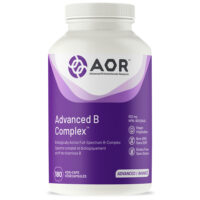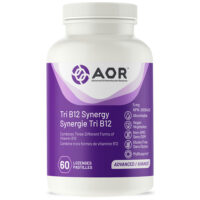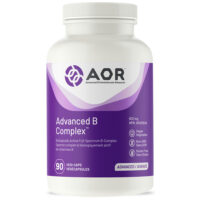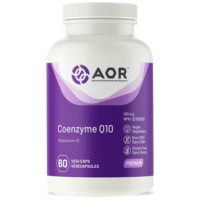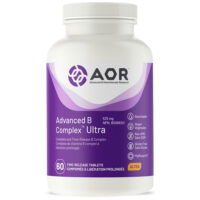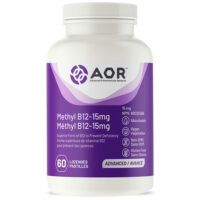It is much easier to buy organic food today than it was ten years ago. The popularity of these products has lined the pockets of those in the organic food business, leading them to increase production. Chains of health food stores are flourishing thanks to the organic trend, and mass merchandisers are starting to stock up on organic foods.
The key selling point of organic foods is that they are healthier than their conventionally produced counterparts. By definition, organic products are produced without the use of any man-made chemicals, including hormones, antibiotics, or synthetic pesticides. Organic meat is obtained from livestock that is fed an organic diet, and so is organic milk. As defined here, it would seem that organic is synonymous with healthy. But that is not always true.
Truly organic animal products are certainly safer than those produced by traditional methods. They do not contain the toxins that can be found in regular ones, and in beef there is a much lower risk of mad cow disease. You also do not have to worry about ingesting antibiotics, which may cause antibiotic resistance.
When it comes to baby food, buying organic is definitely the way to go. Babies are more susceptible to ill effects from the pesticides and heavy metals contained in inorganic foods. The preparation of baby food also involves condensing the fruits, vegetables, and meats used, resulting in higher concentrations of these things. For these reasons, organic baby food is generally considered much safer.
Organic fruits and vegetables are often heralded for their lack of pesticides. While this is certainly a good thing, organic is not necessarily a lot better in this regard. Some fruits and vegetables do not retain pesticide residues easily, so they are generally safe as long as they are washed thoroughly before eating. These include avocados, broccoli, cauliflower, sweetcorn, mangos, onions and pineapples. However, buying organic apples, celery, cherries, grapes, peaches, potatoes, and berries is usually a good idea. These items tend to carry high levels of pesticides.
Processed organic foods may or may not be healthier than conventional ones. Many of them use a combination of organic and inorganic ingredients. They also tend to lose nutrients during manufacturing, decreasing their health value. For the healthiest possible product, look for labels that say “USDA organic” and read the nutrition facts on the container.
Organic seafood rarely has any added value. That is because the USDA has not developed standards for it. Seafood labeled organic may contain all sorts of harmful substances, yet it is legal for them to be labeled as such in most states as long as the USDA name or the word “certified” is not used.
When buying organic for health reasons, it is important to make sure that the food you’re buying is 100% organic. If it isn’t, you may not be getting all of the health benefits that you expect.


